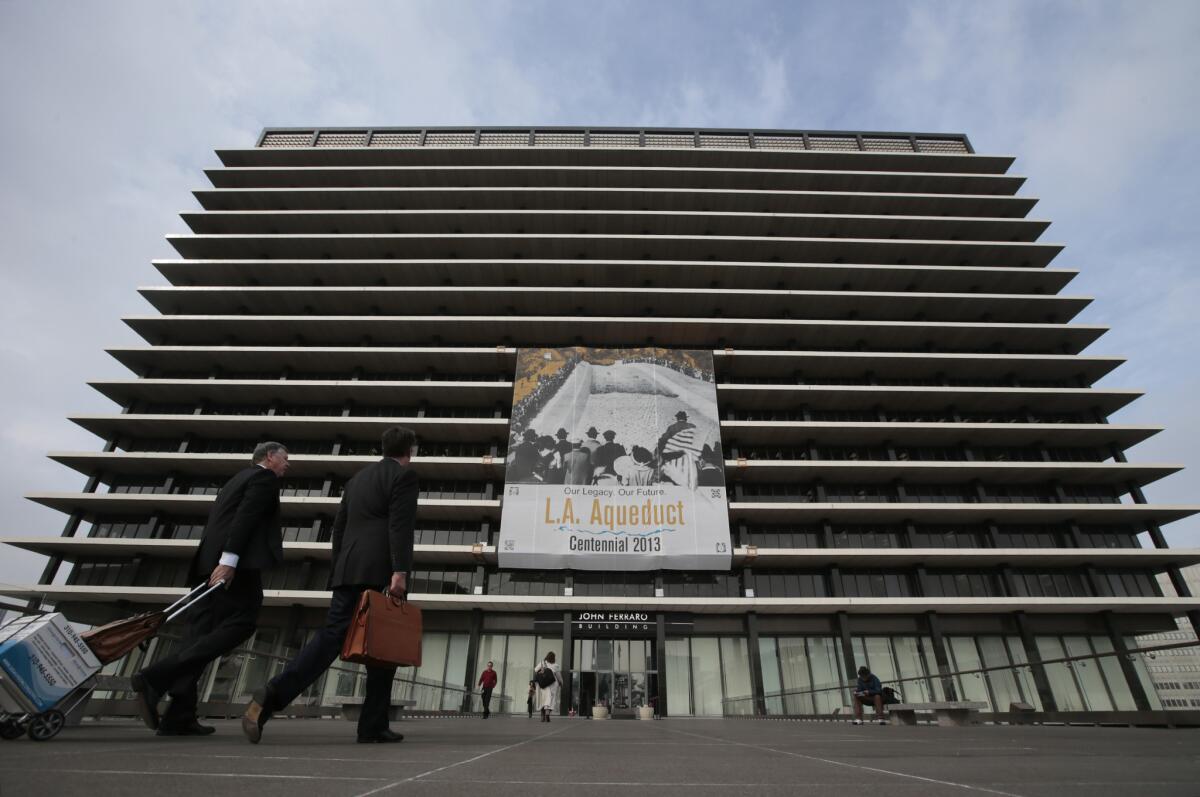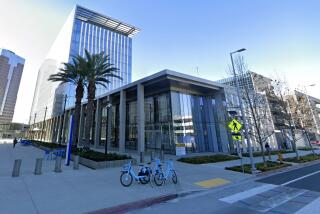L.A. Dept. of Water and Power to resume more collections, shutoffs

The Los Angeles Department of Water and Power will resume automated collections this month on residential customers who are delinquent on their water and power bills -- and could shut off services to those who don’t pay up as soon as June.
The agency halted its automated collections in November amid a torrent of complaints about erroneous, sometimes vastly inflated bills. The problems followed the rollout of a new computerized billing system.
During that time, staffers continued to pursue payment for customers who chronically left their bills unpaid, but did so manually instead of automatically. In February, the agency resumed automated collections again, starting with commercial customers who owed more than $10,000 for over 90 days.
DWP Senior Assistant General Manager Randy Howard said Wednesday that the agency would do the same later this month for residential customers who weren’t paying their bills, starting with those who had left their bills unpaid the longest -- at least 90 days -- and had gotten multiple notices from DWP.
Those customers are estimated to owe more than $80 million, Howard said. The utility plans to collect $59 million from those delinquent customers in the next three months. If customers fail to pay up, the utility says it takes roughly 30 days from the beginning of the collections process to issue a shutoff order.
Howard said that stepping up collections would likely mean longer wait times for customers calling DWP in coming months, possibly lasting a half hour or longer. The agency might decide to slow down its collections plan if wait times become much longer. As of last week, callers averaged a wait time of 21 minutes.
The DWP does not expect the delay in collections to affect its annual transfer of more than $200 million to the city general fund, which pays for basic services.
More to Read
Sign up for Essential California
The most important California stories and recommendations in your inbox every morning.
You may occasionally receive promotional content from the Los Angeles Times.











